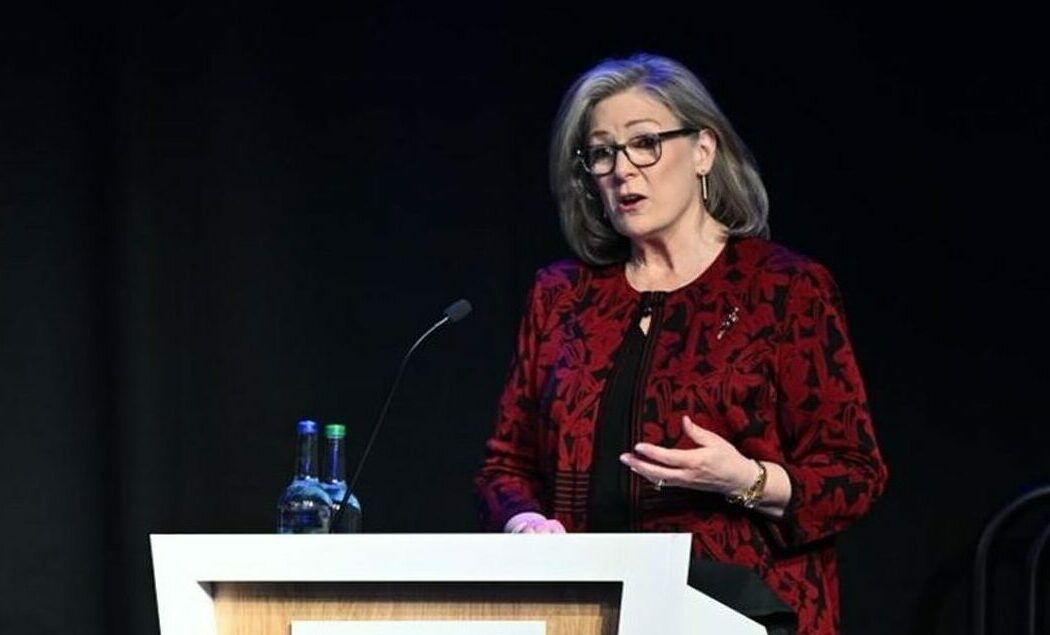
Following news that it would cut 250 jobs from its onshore Aberdeen workforce, Harbour Energy has reported a “strong start to the year”.
The UK’s largest oil and gas producer reiterated points about the UK’s challenging fiscal regime being at the heart of the decision to slash its north-east headcount by 25%, adding that “significantly lower investment levels” played a part in the decision.
Business commentators said that the latest Harbour Energy redundancies served as a “devastating blow” for those impacted and that the news was “just the tip of the iceberg, unless the government changes course”.
Despite this, chief executive Linda Cook announced news of “a strong start to the year” to shareholders on Thursday morning.
In the first quarter of the year, Harbour Energy production levels averaged out at 500 thousand barrels of oil equivalent per day (kboepd). This, alongside “improved European gas price realisations and lower unit costs”, has resulted in revenues of $2.8 billion and a free cash flow of $700 million.
Cook added: “Recent market volatility reinforces the benefits of our diverse portfolio and our prudent approach to risk management. ”
Following the takeover of Wintershall Dea last year, Norway is now Harbour Energy’s largest producing region. However, in the first quarter it brought new wells on stream in the UK, as well as Argentina, Egypt and Germany.
The UK is still the North Sea player’s second largest producing area, falling just shy of its Nordic neighbour.
Harbour produced 180 kboepd in the first period of 2025 while producing 165 kboepd in the UK. These figures mark a marginal uptick in production in the UK since last year’s reporting of 161 kboepd.
In its latest trading update, the firm announced that its production guidance for the year had increased slightly, moving from 450-475 kboepd to 455-475 kboepd.
Harbour claimed that this reflects “the strong year-to-date performance” as it looks ahead to “planned summer maintenance programmes in Norway and the UK”.
Cook concluded: “We are taking mitigating actions which, together with our improved production outlook, largely offset the impact of lower commodity prices.
“Given this progress, we remain well positioned to deliver against our capital allocation priorities.”





















